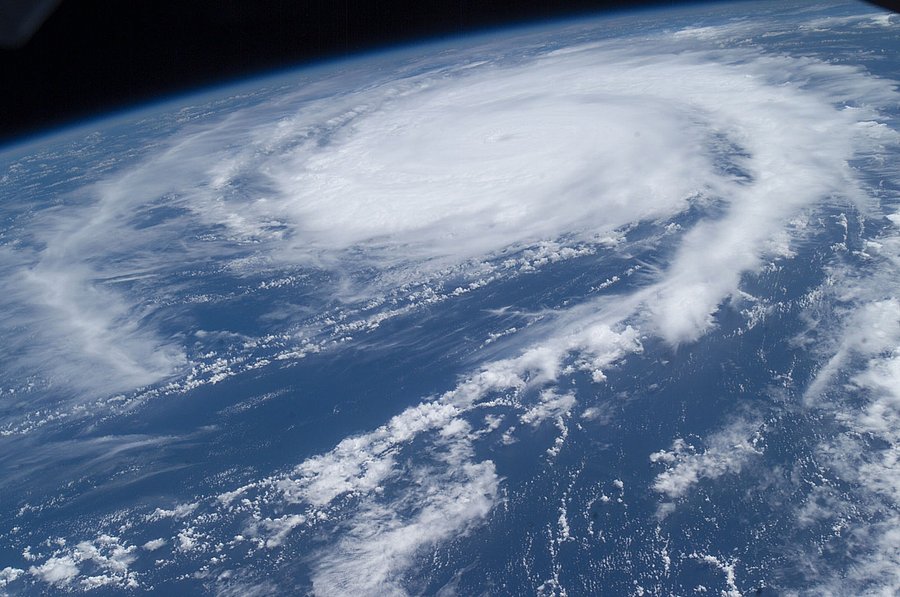Bachelor thesis, master thesis, state examinations and doctoral thesis in the research group atmospheric physics
Working in the area of water vapor measurements:
Water vapor is the most important, naturally occurring trace gas in the atmosphere. In connection with climate change and the associated rise in temperature, water vapor is taking on additional importance. An increase in temperature usually leads to an increase in the water vapor content, which in turn results in a further increase in temperature due to the radiation properties of the water vapor. This is called a positive feedback. Measurements and observation of the development of water vapor over time are therefore of great importance. To this end, a new, simple ground-based device has been set up in Wuppertal to measure the water vapor column (total water vapor or precipitable water) in the atmosphere. The measurements consist of vertical measurements of the IR temperature of the cloudless sky. These temperatures are directly related to the water vapor content. As part of initial bachelor's theses done in the past, the first calibrations and measurements have already been carried out. Furthermore, improvements have been made to the measuring instrument with regard to automatic cloud detection. However, there is still work to do and there is the opportunity to refine the optimizations or make new ones and evaluate the recorded data as part of a bachelor's or master's thesis.
If you have any questions or are interested in working together, please contact
Priv.-Doz. Dr. Christoph Kalicinsky
kalicins@uni-wuppertal.de
Tel: 0202 - 439 – 2779
Construction of an all-sky camera for cloud detection
As part of a bachelor's or master's thesis, a simple and inexpensive camera system is to be set up to photograph the sky above Wuppertal at regular intervals. These images will then be analyzed using computer software to detect clouds and determine the degree of cloud cover above Wuppertal. Initial programs for such an evaluation method are already available and can be used and expanded accordingly.
If you have any questions or are interested in working together, please contact
Priv.-Doz. Dr. Christoph Kalicinsky
kalicins@uni-wuppertal.de
Tel: 0202 - 439 – 2779
Working in the area of GRIPS temperature measurements:
In Wuppertal, temperatures in the mesopause region (approx. 87 km altitude) have been measured since the 1980s. The data evaluation is based on different steps such as the selection of the spectra, different corrections and finally the temperature determination itself. Some of these steps still require the personal intervention or work of a scientist. There is therefore interest in automating parts of the evaluation and using artificial intelligence (AI) at appropriate points. The first steps in this direction have already been taken and the results look promising. In the course of further development, some opportunities for collaboration are possible, for example in the context of a bachelor's or master's thesis.
If you have any questions or are interested in working together, please contact
Priv.-Doz. Dr. Christoph Kalicinsky
kalicins@uni-wuppertal.de
Tel: 0202 - 439 – 2779
Further topics on request ...
Information on the design of homework, Bachelor thesis and master thesis (pdf)

